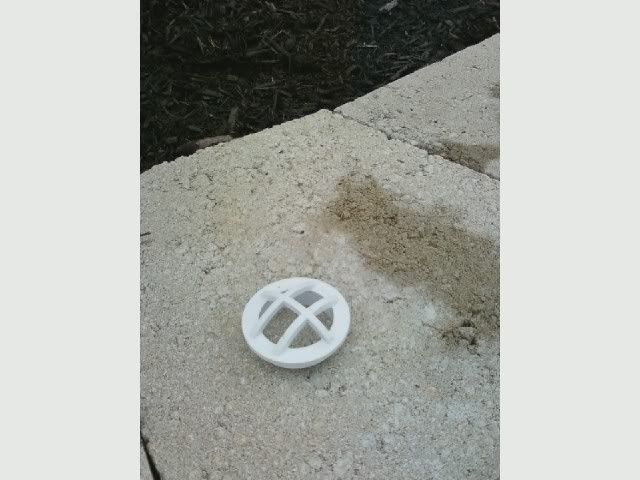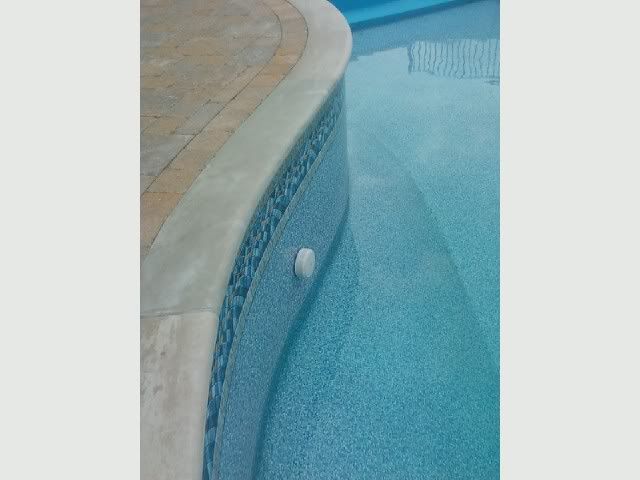mass985 is correct.
There are three parts to the VGB law: 1) PUBLIC (not private) pool compliance is required by VGB (federal law) and is retroactive (so older pools had to meet VGB requirements before they could re-poen after 2008). 2) suction outlet covers that did not conform to ANSI 112 (basically entrap/entanglement standards) could not be sold in the US after 2008 - i.e. you could not legally buy a non-conforming cover after 2008 and 3) If your state wanted grant money for their pool safety programs,the state had to adopt a residential "version" of the VGB - so some states do have a "VGB -like" residential pool statute - but it is NOT federal law - it is state law. Some states chose not to accept the Fed grant money and did not pass a residential version of the law - like Texas where I live.
That being said, the International Residential Code (IRC) - the residential building code in most communities - contains pool requirements in Appendix G that require anti- entrapment / anti-entanglement requirements that parallel VGB requirements through the ANSI/APSP standards. When a city adopts a version of the building code, it may or may not adopt all of the provisions in the code, so you have to check and see if Appendix G was adopted by your city or not. Often you can get on a city web site, look up the adopting ordinance for a city and see if that city adopted Appendix G requirements or not. If the city did not specifically name Appendix G in the adopting ordinance, the appendix provisions are a recommendation only (voluntary compliance) and not a code requirement (mandatory compliance). So, if there is no state residential pool code, you need to check your city building code requirements.
To make matters more confusing, the 2015 version of the IRC has moved the Appendix G requirements into the main body of the IRC code - BUT - rather than citing the requirements in the code, it references the ISPSC (international Swimming Pool and Spa Code). If the city does not adopt ISPSC as part of the International code series, the city will not inspect and and enforce those provisions.
So ... to summarize ... VGB does not apply to residential pools. But there may be a state regulation that does ... or not. If neither of the two foregoing apply ... there may be a city building code requirement that dos ... or not.





